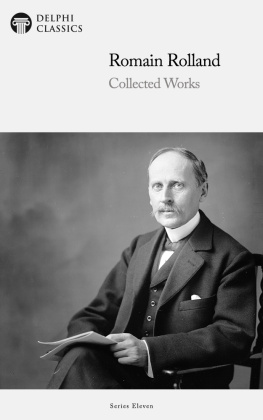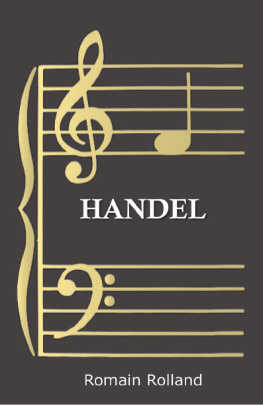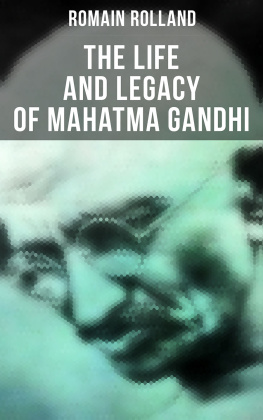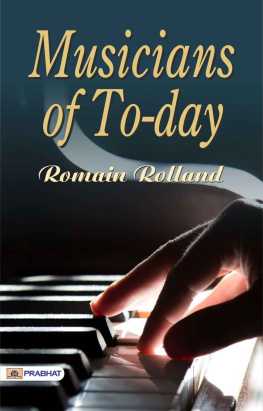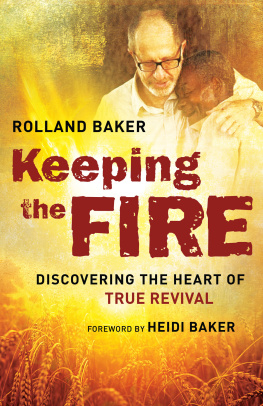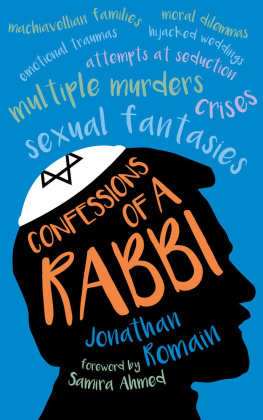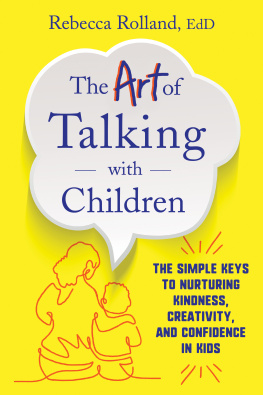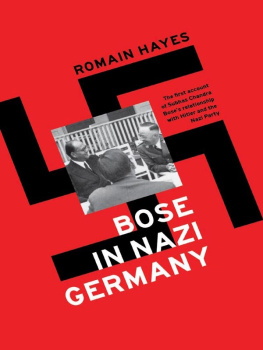
The Collected Works of
ROMAIN ROLLAND
(1866-1944)

Contents

Delphi Classics 2020
Version 1


Browse our Main Series

Browse our Ancient Classics

Browse our Poets

Browse our Art eBooks

Browse our Classical Music series

The Collected Works of
ROMAIN ROLLAND

By Delphi Classics, 2020
COPYRIGHT
Collected Works of Romain Rolland

First published in the United Kingdom in 2020 by Delphi Classics.
Delphi Classics, 2020.
All rights reserved. No part of this publication may be reproduced, stored in a retrieval system, or transmitted, in any form or by any means, without the prior permission in writing of the publisher, nor be otherwise circulated in any form other than that in which it is published.
ISBN: 978 1 91348 734 8
Delphi Classics
is an imprint of
Delphi Publishing Ltd
Hastings, East Sussex
United Kingdom
Contact: sales@delphiclassics.com

www.delphiclassics.com
Parts Edition Now Available!

Love reading Rolland ?
Did you know you can now purchase the Delphi Classics Parts Edition of this author and enjoy all the novels, plays, non-fiction books and other works as individual eBooks? Now, you can select and read individual novels etc. and know precisely where you are in an eBook. You will also be able to manage space better on your eReading devices.

The Parts Edition is only available direct from the Delphi Classics website.
For more information about this exciting new format and to try free Parts Edition downloads , please visit this link .

Explore the French Masters at Delphi Classics

Jean-Christophe

Clamecy, Nivre, central France Rollands birthplace

The house in which Rolland was born
Dawn (1904)

Original French title: LAube
Translated by Gilbert Cannan
Dawn was first published in France in the literary journal Cahiers de la Quinzaine in 1904, before being translated into English by Gilbert Cannan and published in the USA in 1911 by Henry Holt and Company. It was the first of a ten volume novel series chronicling the life of Jean-Christophe Krafft, a German born composer of immense talent and vision, who faces struggles and obstacles throughout his life. The multivolume novel traces Jean-Christophes life from childhood to death, as he confronts both internal and external challenges. The author first conceived of the work in 1890, but did not dedicate himself to the task of writing it until 1903. Rolland explicitly stated that the protagonist of the novel was inspired by Ludwig van Beethoven (1770-1827).
Rolland asserted that the series should not to be understood in conventional narrative terms, but that it should be viewed as a musical novel, driven by emotion rather than events or action. The author even coined the term roman-fleuve (river-novel) to describe his work; it was later applied to other French novel sequences, including Marcel Prousts seminal In Search of Lost Time .
Dawn details the early years of Jean-Christophes life as he begins his journey towards becoming a musical genius. It was first published in book form alongside the next three volumes in the series, Morning , Youth and Revolt , which chronicle the composers musical development as well as his growing awareness of the hardships of the world.

The first collected editions title page, 1906

Rolland as a child
CONTENTS

The first translator of Jean-Christophe, Gilbert Cannan (1884-1955) was a British novelist and dramatist. During World War I, he was a conscientious objector and was involved in the National Council against Conscription. After the war Cannan devoted himself to writing, translation work and travel, but a mental breakdown in 1923 proved untreatable. He became a mental patient at the Priory Hospital, Roehampton. He then spent the rest of his life confined to Holloway Sanatorium near Virginia Water where he died of cancer on 30 June 1955.

Portrait of Beethoven by Joseph Karl Stieler, 1820
PREFACE

Next page
